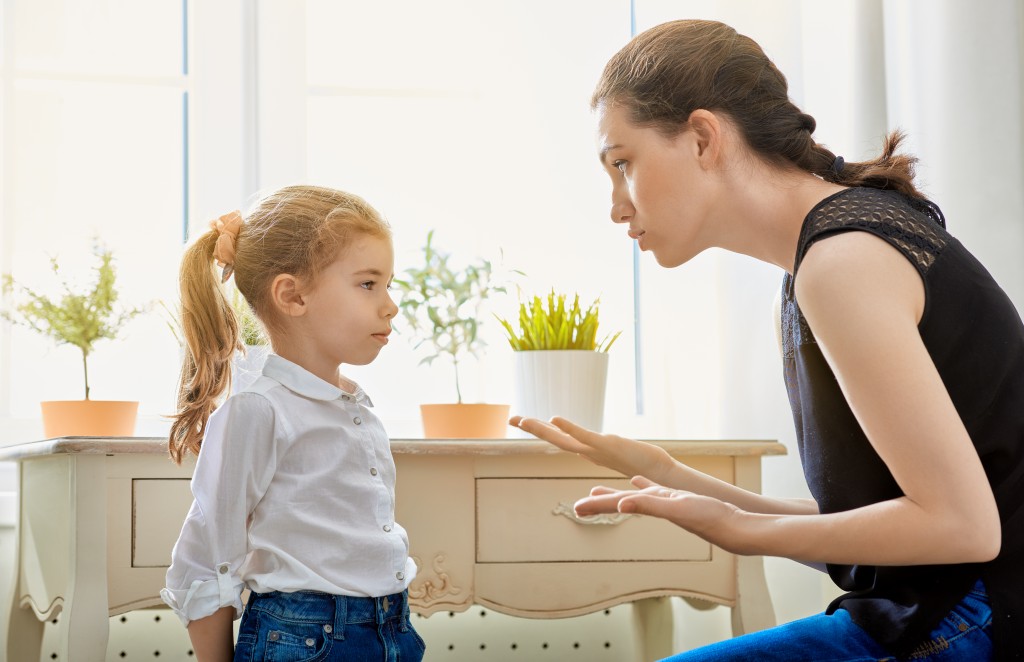The beginning of your marriage can feel nothing short of blissful, then gradually go stale when you start having kids. You may think that it’s normal, as raising children is difficult and stressful. However, if your husband’s changed behaviour lasts until the growth of your child, then you may need to be on guard.
Abusive behaviours don’t usually show up at the beginning of a relationship or marriage. An abuser’s violent side may only get triggered when they’re provoked, such as when their kids misbehave.
If your spouse never yells at you or hits you, those aren’t reasons to tolerate their violence toward your kids. Parents aren’t the only victims of domestic abuse; countless children suffer from it, too, and bear the traumas until their adulthood.
That said, here’s what you should do the moment you begin noticing your spouse’s mean streak:
Recognise the Signs of Abusive Behaviour
Abusive spouses don’t always resort to violence in high-tension situations. They may also exhibit the following behaviours, which are all common forms of abuse:
- Sexual violence
- Psychological manipulation, such as intimidation, isolating the victim from their friends and family, forcing control, making unreasonable demands, or guilt-tripping the victim
- Emotional abuse, such as destroying their victim’s self-esteem, giving constant criticisms, insults, and derogatory remarks, and calling them names
- Power play, such as restricting their victim’s access to bank accounts, forcing or preventing the victim from working, destroying the victim’s belongings, and never letting them make financial decisions.
These behaviours have one thing in common: gaining and maintaining control. Abuse is often all about such, which is why abusers tend to turn violent when their spouse crosses them.
When dealing with kids, an abusive parent will typically use psychological and emotional manipulation. They’ll try to keep their children under their thumb by blaming and shaming them. They will also swear at them or use other forms of contemptuous speech to make their kids feel unworthy of better treatment. When called out, the abuser may act narcissistic and flatly deny that they’re responsible for causing a family dysfunction.
Know the Roots of Their Abusive Behaviour
Though it may sound easier to sneak out of the house with your kids, an escape won’t help your case in the long run. If you want your kids to understand why their other parent is acting harshly, you have to educate yourself on the possible roots of their abusive streak.
Alcohol and drug misuse may have something to do with it, but they’re not the causes. In most cases, abusive people are also victims of abuse themselves, but this doesn’t excuse their violence.
Consider family counselling as you address the situation. If your spouse agrees, however, beware that they may try to manipulate the session and turn it to their own advantage. Therefore, convince him to seek out individual counselling first, then go as a family when they seem ready, or when their counsellor already advises it.
When to Consider Divorce

You can only endure so much as a responsible spouse and mother. Even if you want to preserve the integrity of your family, it isn’t worth it to do so at the expense of your children’s well-being and safety.
If it’s still against your will to file a divorce, be careful about where you’re seeking advice. Your determination to keep your family whole may cause you to adopt abusive behaviours yourself or use tactics that enable the abuser. For instance, you come across the advice that says children should be trained into obedience so that their fathers would stop getting violent and reconsider. This advice is problematic, as it sides with the abuser and manipulates kids into thinking that their father’s violence is their fault.
Never put the burden on your children when dealing with an abusive spouse. If the abuse only worsens after counselling and ultimatums, get in touch with a family lawyer, and file a divorce.
While your spouse still lives with you, gather evidence of their abuse, recording every date, time, place, and all other details of the incidents. Describe every injury your kid sustains, and all the cutting words said by your spouse.
After filing the divorce with your evidence and all, make plans for moving out and staying safe. Abused spouses are usually at the most dangerous point when they leave, so ensure that you have all your kid’s needs when you move out. Make living arrangements with a trusted friend, preferably someone your spouse doesn’t know because staying with your best friend or parents will make you easily traceable.
Let your lawyer know your safety concerns, too. They can assist you in filing a restraining order to legally forbid your spouse from getting close to you and your kids. That will ensure a safe and smoother process, guaranteeing success, and, deservedly so, freedom.

